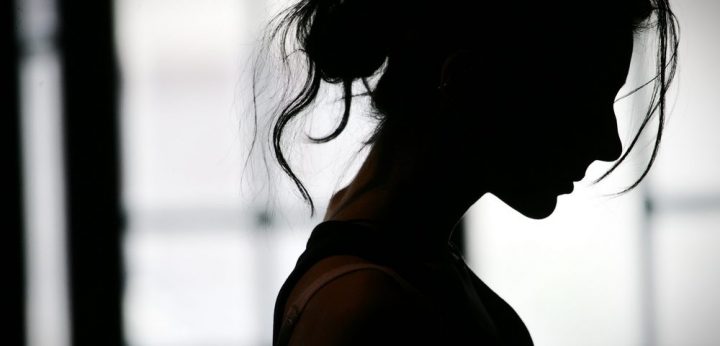Dealing with the Emotional Toll of Sanfilippo Syndrome
Written by |

Parents of terminally ill and special-needs children experience a multitude of emotions. Our feelings lie across a wide spectrum, and sometimes we feel many emotions at once. Each person’s reaction is different, too — no two parents are exactly alike. However, I think that we all experience similar feelings at different times.
I want to preface this column by saying that each person has ownership of their feelings, and all are equally valid. No one should feel judged or guilty about how they feel. Parents of special-needs children are doing their best; we should not make it harder for them.
My emotional default right now is either anxiety or a feeling of numbness. I attempt to stay busy to avoid that dreaded downtime that gives me space to think. My imagination can carry me to scary places and dark thoughts, so I do everything possible to keep occupied. I would almost define it as denial, though I’m aware of the reality of our situation.
Our daughter Abby has Sanfilippo syndrome, and it will eventually take her life. We don’t know when or how, and I prefer to avoid thinking about it — the details are too much for me to handle.
My husband, Jeff, and I have discussed burial arrangements for Abby, but we haven’t made definite plans. The subject is so dark. We are both realistic people, but it is extremely painful to be pragmatic about the subject of our daughter’s death. We avoid it right now, but we’re aware that it lurks out there. We’ll handle it when we are ready.
However, it’s hard to escape our reality when we connect with other families who have children with Sanfilippo. The closer we become to these families, the more difficult it is when their children pass away. I sometimes avoid Facebook because of a fear of reading about another child dying. But that’s unfair to those families. I intentionally share on social media when I read about a death because it’s a way to spread awareness and honor the child and their family.
I have noticed lately that irrational fears have begun to invade my thoughts. Our other daughter, Emily, is neurotypical and lives like a typical 21-year-old. I fear that if something should happen to her, I couldn’t handle it. I know that this fear is an emotional response to Abby’s diagnosis, but it lingers. I have similar worries about others close to me: my husband, mom, and extended family members.
Parents of terminally ill and special needs children carry a lot of emotional baggage. The weight affects us differently and can affect all aspects of our lives. There is no upside — it is merely an unfortunate part of our journey.
***
Note: Sanfilippo News is strictly a news and information website about the disease. It does not provide medical advice, diagnosis, or treatment. This content is not intended to be a substitute for professional medical advice, diagnosis, or treatment. Always seek the advice of your physician or other qualified health provider with any questions you may have regarding a medical condition. Never disregard professional medical advice or delay in seeking it because of something you have read on this website. The opinions expressed in this column are not those of Sanfilippo News or its parent company, Bionews Services, and are intended to spark discussion about issues pertaining to Sanfilippo syndrome.






Leave a comment
Fill in the required fields to post. Your email address will not be published.